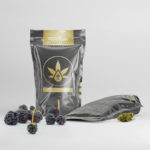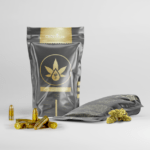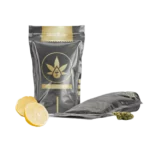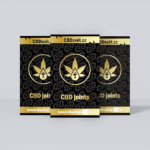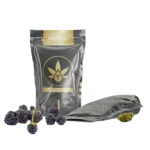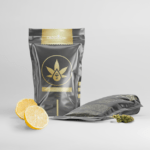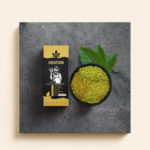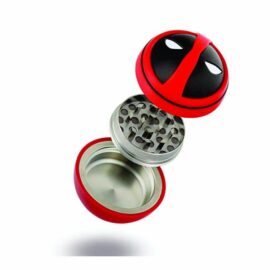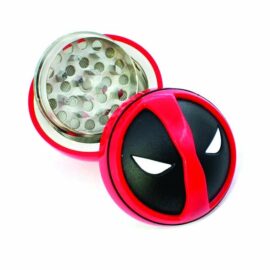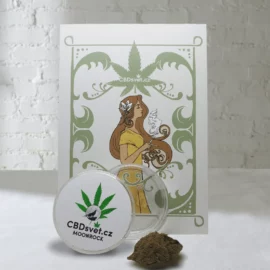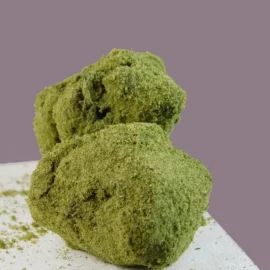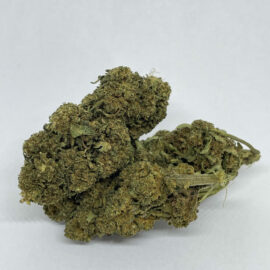Spirulina is a microalgae that has been consumed for centuries due to its high nutritional value and purported health benefits. It is a superfood and is already quite well known among humans. It is a type of blue-green algae that grows naturally in oceans and salt lakes in subtropical climates. The Aztecs harvested spirulina from Lake Texcoco in central Mexico and it is still harvested from Lake Chad in west central Africa and turned into dry cakes
Spirulina was once classified as a plant because of its richness in plant pigments and also its ability to photosynthesize. A new understanding of its genetics, physiology and biochemical properties has caused scientists to relegate it to the realm of bacteria and cyanobacteria. At first it was placed in the genus Arthrospira, later it was placed in the genus Spirulina. There are several species, but three – Spirulina platensis, Spirulina maxima and Spirulina fusiformis – have been extensively studied for their high nutritional and potential therapeutic values, according to the study authors.
Spirulina grows in microscopic spirals that tend to stick together, making it easier to harvest. It has an intense blue-green colour but a relatively mild taste. In addition to supplements allows, for example, the FDA (U.S. Food and Drug Administration) to allow manufacturers to use spirulina as a coloring agent in chewing gum, candy, and other packaged foods.
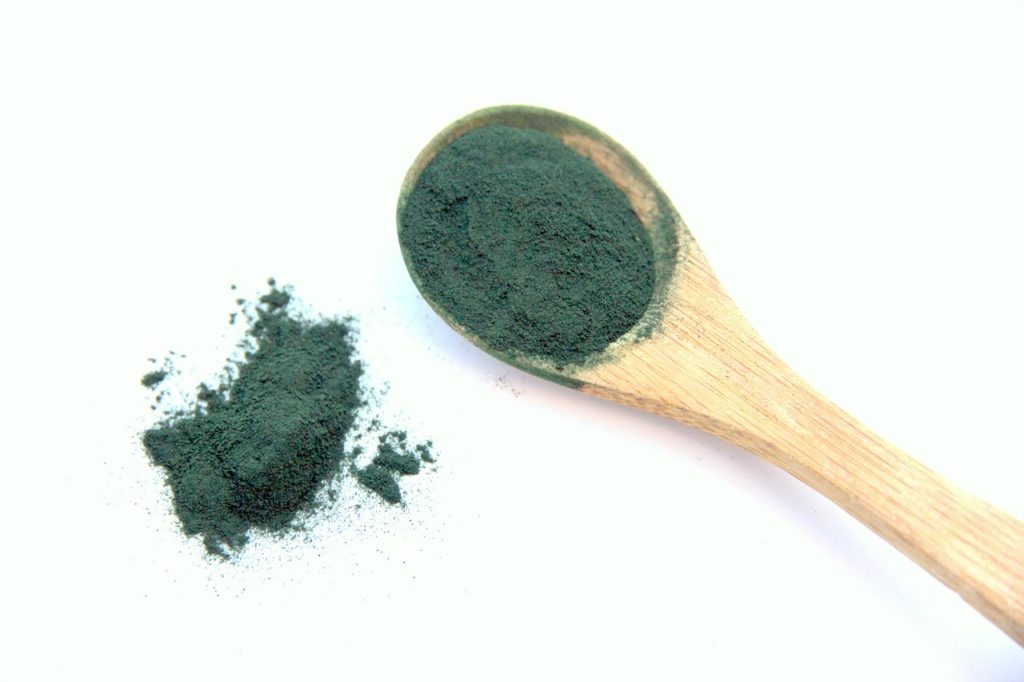
Potential benefits
Products that may be of interest to you
Many people promote spirulina as a treatment for a range of metabolic and heart health issues, including weight loss, diabetes and high cholesterol. According to the National Institutes of Health (NIH), people can also take it to help with a variety of mental and emotional disorders, including anxiety, stress, depression, attention deficit hyperactivity disorder (ADHD);
According to the NIH, spirulina reportedly helps a number of eclectic health problems, including premenstrual symptoms and amyotrophic lateral sclerosis. The combination of zinc and spirulina may help the body clear arsenic in people whose drinking water has unusually high levels of it.
Why start taking spirulina?
- It is full of nutrients: It is very rich in important nutrients. Spirulina has significant amounts of calcium, niacin, potassium, magnesium, B vitamins and iron. It also has essential amino acids (compounds that are the building blocks of proteins). In fact, protein makes up about 60 to 70 percent of the dry weight of spirulina.
- Helps the body flush out toxins, including heavy metals: Spirulina is such a powerful detoxifier that it is sometimes used as a natural water filter that traps lead, mercury and other seriously harmful toxins. The reason it works so well is that it contains proteins and peptides that bind particularly well to toxins and eliminate them from the body. This way, they are not absorbed into your bloodstream and do not work their way into your system;
- Supports the immune system: Do you know how filling your room with houseplants can help you breathe better? Plants aren’t the only green resources that have this effect – these brightly colored algae can, too. Spirulina contains a compound called phycocyanin, an antioxidant that fights anything that could damage your cells. If you feel a cold coming on – or everyone around you seems to be sick – it can’t hurt to incorporate a little extra spirulina into your diet to give your immune cells that added layer of protection.
- Can lower blood pressure: This antioxidant effect also benefits blood pressure by helping to increase blood flow. Spirulina increases the production of nitric oxide, a gas molecule that helps dilate blood vessels. This helps the blood flow more easily, so the heart doesn’t have to work as hard.
- Can promote healthy weight management: First, although spirulina is packed with nutrients, it has only 20 calories per tablespoon. It also contains an amino acid called l-phenylalanine, which is associated with appetite suppression .
- Increases endurance for athletes: Are spirulina protein supplements the next big thing? Maybe they should be. Studies show that regular use can increase endurance for athletes. Why? You better believe better blood flow is part of it. Imagine how hard your heart has to work when you’re trying to outrun a peloton of runners. Any boost in the blood flow department will help endurance when you need it most.
- Helps Muscular Endurance: Are you more of a CrossFit enthusiast? It has some benefits for you too. Studies have shown that athletes who take spirulina regularly don’t tire as easily when lifting weights as people who don’t. Again, this is related to better blood flow. But you’re also reaping the fruits of all the nutrients, in this case probably the most protein, that contribute to muscle development;
- prevents recurrent yeast infections: It has been shown that it can help balance vaginal bacteria. Just as spirulina is a magnet for toxins such as heavy metals, it also attracts candida cells and can flush them out of the body. And it’s not just bringing balance down there, the same process can happen in your gut to help bring balance.
- Helps Fight Allergies: If pollen, dog hair, grass, or other environmental factors are putting your allergies into overdrive, spirulina can spring into action and beat them.
Recommended dosage and risks of use
The usual recommended dosage is two grams per day to give spirulina the necessary effect.
Doctors generally consider spirulina to be safe, especially in light of its long history as a food;
However, if grown in unsafe conditions, spirulina can become contaminated with toxic metals, harmful bacteria and microcystins (toxins produced by some algae). Contaminated spirulina can cause liver damage, nausea, vomiting, thirst, weakness, rapid heartbeat, shock and even death. Contaminated spirulina can be especially dangerous to children;
Always buy spirulina only from well-known brands and trusted sellers, then you do not have to worry about the risks. In our shop you will find only high quality tablets of spirulina that are properly processed and sourced from properly cultivated algae.
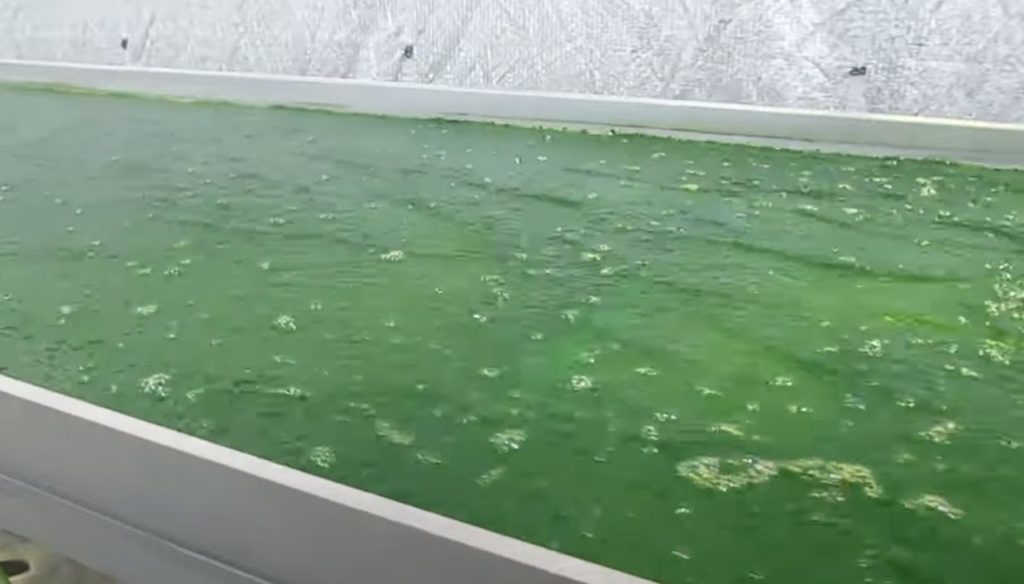
Who should avoid spirulina?
People with certain autoimmune conditions should avoid spirulina supplements, according to the NIH. Because spirulina boosts the immune system, supplements can worsen symptoms of multiple sclerosis, lupus, rheumatoid arthritis and other conditions associated with an overactive immune system. By the same token, spirulina may weaken the effect of immunosuppressants, which are often prescribed to treat autoimmune conditions and prevent the body from rejecting transplanted organs. Spirulina can also interfere with drugs that slow blood clotting, including blood thinners such as warfarin, as well as non-steroidal anti-inflammatory painkillers. Combining spirulina with herbal supplements that slow blood clotting may increase the risk of bleeding. Such herbs include cloves, danshen, garlic, ginger, ginkgo, ginseng, and turmeric.
Women who are pregnant or breastfeeding should avoid spirulina, as there are no safety studies in this group. People with the genetic condition phenylketonuria should also avoid spirulina as it may aggravate their condition. Since there are not enough studies to determine a safe dose range for spirulina, it is best to consult a doctor and follow all guidelines;


